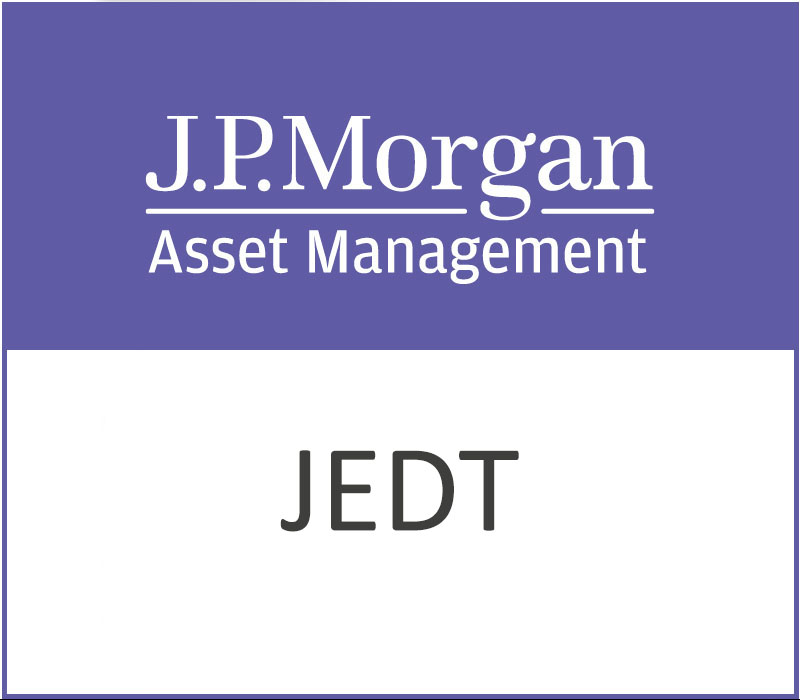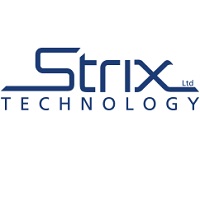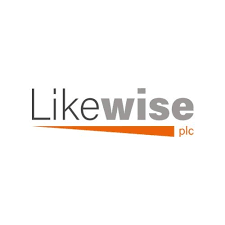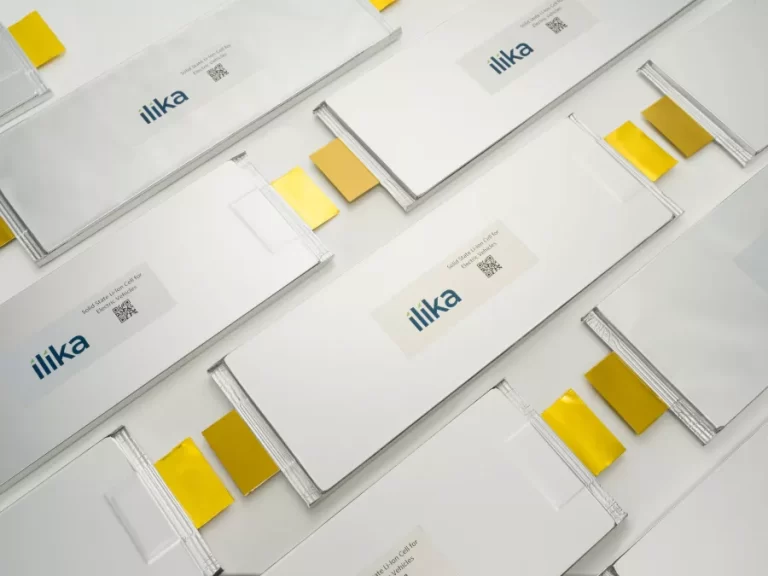European equities have quietly pushed higher in recent sessions, buoyed chiefly by rising trade optimism, yet the tone has remained notably measured. Markets are positioning cautiously ahead of a looming tariff deadline in early July that could reshape transatlantic and global trade policy. The STOXX 600 has edged upward, while major bourses like Germany’s DAX and France’s CAC 40 have posted modest gains, reflective of a broader but tentative rally.
This cautious advance owes much to the thawing trade atmosphere. Easing friction between the U.S. and multiple key partners has lifted sentiment. Agreements around digital services, aerospace exports, and automotive tariffs are offering investors a clearer sense of the direction of policy. At the same time, the euro has firmed to near multi-year highs, reflecting greater confidence in the region’s economic autonomy and resilience, even as the dollar softens on expectations of U.S. rate adjustments.
Sector dynamics have been telling. Defence-related stocks continue to command premium attention, having reached record highs this quarter. Behind this momentum is more than geopolitics, it reflects fiscal reallocation and a reassessment of strategic priorities across the continent. Elsewhere, renewables have faced pressure amid questions over the pace of green subsidies and infrastructure rollouts, while banks have drifted on softer credit data from core economies.
Investor positioning is becoming increasingly nuanced. Expectations of a more dovish Federal Reserve stance have coincided with signs of more stable inflation dynamics in Europe. But with ECB rate cuts now seen as less imminent, attention is shifting towards growth fundamentals and capital investment rather than monetary stimulus alone.
Germany’s push for over €1 trillion in infrastructure funding is a particularly compelling pivot, hinting at the kind of long-term capital flow realignment that supports more selective equity exposure. With domestic lending stabilising and inflation showing signs of structural moderation, there’s a growing sense that the region may offer more attractive medium-term entry points than recent performance might suggest.
That view is reinforced by comparative valuations. While U.S. indices continue to outperform on the back of technology and rare earth supply deals, European equities present a different kind of proposition, one rooted in tangible fiscal movement, recalibrated supply chains, and evolving industrial strategies. For institutional investors, this offers a strategic complement to more cyclical or valuation-rich global exposures.
Particularly relevant are firms positioned to benefit from European capital expenditure, defence budgets, and cross-border trade simplification. These aren’t necessarily the headline names, but they form a backbone of reliable cash flow, governance stability, and policy alignment. As the regulatory environment evolves, these businesses could become central to long-term portfolio construction.
Looking forward, three signals merit close monitoring: the final outcomes of the July trade deadlines, ECB communication and its stance on rates versus inflation, and continued movement in FX markets, especially the euro-dollar dynamic, which often reflects underlying confidence in European policy coordination.
European equities are navigating a moment of recalibration, buoyed by strategic trade progress, selective sector strength, and long-term fiscal tailwinds. The opportunity lies not in headline momentum but in measured positioning within structurally supported segments. For investors seeking differentiated exposure, the path forward is quietly being shaped in Europe.
European firms are adjusting to a more cooperative trade environment and benefiting from renewed government investment. With select sectors quietly gaining ground, long-term investors may find value where the surface still looks subdued.
JPMorgan European Discovery Trust plc is an investment trust company. The Investment Trust JEDT objective is to achieve capital growth from a portfolio of quoted smaller companies in Europe, excluding the United Kingdom.











































